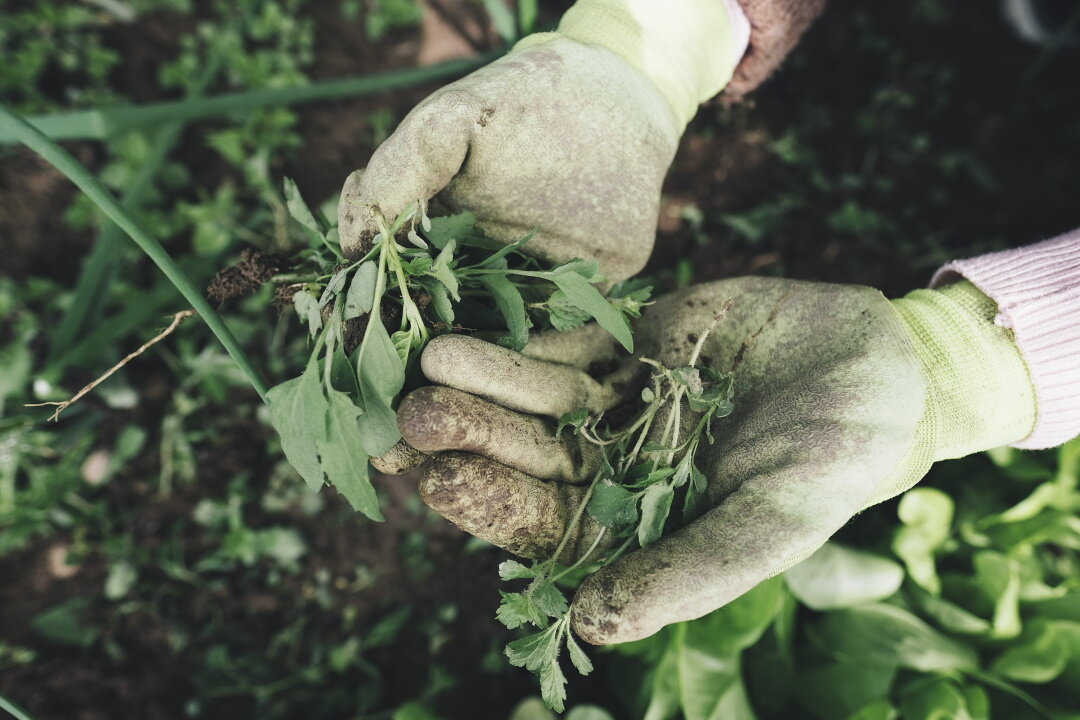“From December to March, there are for many of us three gardens –
the garden outdoors,
the garden of pots and bowls in the house,
and the garden of the mind’s eye.”
~Katharine S. White

Earth Day is this week and while the media focuses on how we can be better protectors of the earth, which is certainly important, sometimes it’s just as important to step back from the official “observances” and return to the garden – our gardens.
For many, gardening is a hobby. We grow flowers for our own pleasure. We wrap them in plastic when we know frost is coming, we ensure that their soil is packed full of nutrients. We care for our plants as lovingly as we would a pet or a child.
For others, gardening is a necessity. Kitchen gardens provide food for families and friends. (Don’t we all have that one aunt who seems to have enough zucchini for the entire town?) But there’s also pleasure involved. A sun-warmed tomato, eaten right from the vine after you’ve brushed off the dirt, just tastes so much better than anything you can find in a store.
Whether we’re growing flowers or vegetables or a bit of both, gardening is more than the physical act.
Gardening is a form of meditation: outside, hands in the dirt, being as one with nature as possible without easy access to a forest, you see the knowledge of biology and botany in action.
Gardening teaches lessons in perspective: It’s always exciting to see the first leaf bud, the first flower, or the first fruit. If everything goes well, there’s a big reward in helping to produce something beautiful. And yet, things often don’t go right, and you have to accept that some things are out of your control. Sometimes that means a total loss – the death of a tree after a lightning storm or a hard freeze, for example – but quite often nature finds a way to return, often with no help from humans, and that’s exciting, too.
Gardening benefits our health: Not only are we out in the fresh air, moving our bodies, drinking in precious sunshine, and getting to that state of being pleasantly tired, but recent studies suggest that the bacteria in the soil acts as a natural anti-depressant.
Gardening is a form of connection: Many of us began our gardening lives working with older relatives. Whether it was something simple, like helping our mothers and grandmothers collect cuttings or re-pot plants, or something more elaborate such as helping our fathers and grandfathers dig out a garden plot with harrowed rows, we were bonding, we were accepting generational knowledge, and we were giving and receiving expressions of love.
The reasons we garden are many, but what each reason comes down to is that when we garden, we are honoring the earth, each in our own way.
